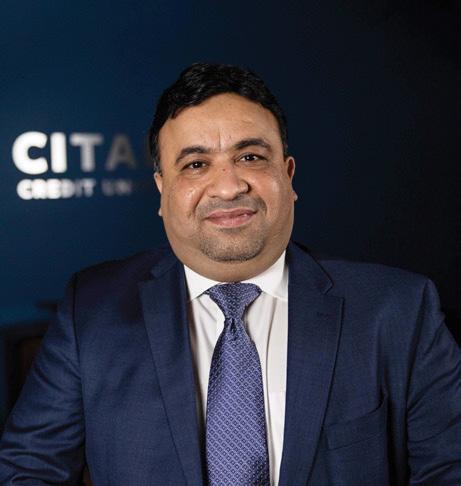
2 minute read
Letter to the Editor CENSORSHIP, MEDICINE AND DISPUTE
BY FRANK SPEIDEL, MD, MBA, FACEP
“Eppur si muove” (“And yet it moves”)
—Gallileo Gallilei, 1633
“Science is the organized skepticism in the reliability of expert opinion.”
“I would rather have questions that can’t be answered, than answers which can’t be questioned.”
—Richard Feynman
In the July 2022 Annals of Emergency Medicine (Volume 80, No. 1), the News and Perspective Section featured a special contribution: “The Other Pandemic: As Disinformation and Misinformation Go Viral, Attempts to Reign It In are Met With Confusion and Frustration” by Soo Youn. This opinion is timely and worth the read. It invites reflection and discussion and represents the concerns of many. Ms. Youn seems concerned with limiting circulation of misinformation that harms. She relates that no physician in California “…had their license revoked in connection with the spread of COVID-19 related misinformation …”. She then describes the challenge tech companies (Meta, Twitter, etc.) face in knowing who and what to censor, suppress or shadowban. Soo Youn seems to have leapt to the conclusion that speech outside the majority opinion must be curtailed for the good of all. I also sense an unstated assumption by the author that someone, somewhere knows with unchanging certitude, the truths of the pandemic.
The problem Ms. Youn considers is not new nor limited to medicine. It dates to the 4th century BC Greece and tracks through our shared culture. In 399 BC the citizens of Athens found Socrates guilty of corrupting the youth and disrespecting the acknowledged city gods. He asked questions. He challenged the state’s values.
The containment of misinformation progressed through the middle-ages. In Europe in the 17th century, we see Galileo Galilei and his helio-centric heresy contained, at least for a while, by the Roman Inquisition. I think both the Athenians and Inquisitors were acting for a cause they believed decent and vital. But how do we protect ourselves from those who recommend drinking bleach to cure COVID while avoiding becoming wellmeaning Inquisitors?
Beginning with John Milton’s Areopagitica in 1644, through John Stuart Mill’s On Liberty in 1859 to Andrew Doyle’s Free Speech in 2021, society has examined the benefits of unregulated, unlicensed speech and the harm of foolish, prattling delusions. Unless there is imminent harm, such as drinking bleach, our culture has adopted more speech not less speech as the antidote to bad ideas. And I think the solution to the Bleachers, is persistent, well thought and presented, evidence-based refutation of the efficacy and warning of the certain harms.
And we have adopted this value, that the concept of exchange of ideas, especially contested ideas, is the way we discover what the true and valid. A paper is published in a peer reviewed journal and then undergoes continuous review and validation by the larger community of the interested. Publication by a prominent respected journal is not validation. In 1998 Andrew Wakefield published in Lancet an article linking autism to the MMR vaccine. Lancet retracted the article 12 years later, but the damage was done. Out of this foolery, anti-vaxxers gained momentum. Events such as this remind us that rigorous, questioning skepticism is healthy, that recognized experts and institutions may err profoundly.
During the pandemic we have seen many ideas advanced with authoritarian certainty and mandated. One could be censored or de-platformed for questioning the origin of the virus, the value of school closures, the efficacy of “masking” or the benefits of shut-downs. These ideas may or may not be valid. But what benefit is there when we do not examine them vigorously?
Are we better off when experts declare we cannot question the “settled” science? Was science settled in 1905 before Einstein published? I think not. For as the polymath astrophysicist Carl Sagan remined us “… there are no sacred truths; all assumptions must be critically examined; arguments from authority are worthless.”
Thoughts?
Editor’s Note:
Dr. Speidel has a community television show “The Doctor is In” on Radnor Studio 21, Main Line Network, (public access tv). The shows include a wide range of interesting topics and guests and are available for viewing on You Tube at: https://tinyurl.com/48m4erzh.










